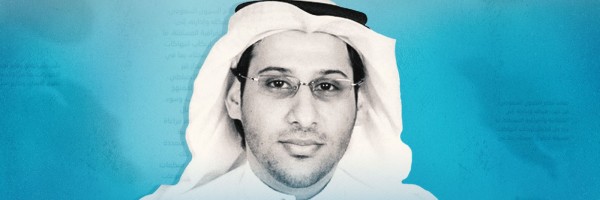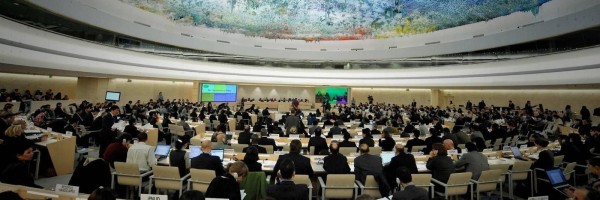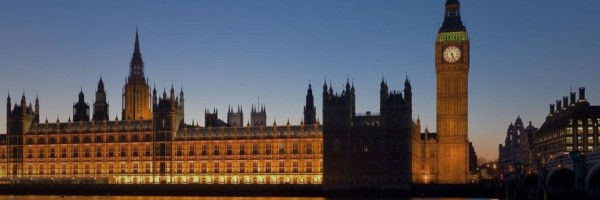Like other governments, the oil-rich Kingdom of Saudi Arabia uses public relations campaigns to maintain its image abroad and to win influence with others. But at the same time the kingdom is also imprisoning its own citizens for speaking out against it and for tarnishing its reputation – all legal offences under its anti-terrorism laws.
Dubbed the ‘Saudi Cables’1, WikiLeaks has released over 122,000 cables and other communications between Saudi embassies and the Saudi foreign ministry, and reports from the Saudi interior ministry and its intelligence services.
These documents provide a unique insight into initiatives considered and carried out by the Saudi government to control and maintain its image abroad – thus taking new bigger steps in controlling freedom of speech.
The kingdom’s strategy to maintain and control their international image takes three forms: ‘neutralise’, ‘containment’ and ‘confrontation’.2 The kingdom’s first steps against negative press is the ‘neutralise’ it – a term frequently used in the cables against individual journalists and often struggling media institutions whose silence and co-operation can be bought. They are not expected to change their policy in support of the kingdom, but instead are instructed to refrain from publishing criticism of the kingdom
The main role of the Saudi foreign ministry is to play close attention to what is being said about the Kingdom in the international forum. While Saudi embassies around the world play a major role in arranging and maintaining pro-Saudi propaganda This is because they are familiar with local media outlets and are best placed to monitor publications and make appropriate suggestions to the Saudi government.3 ‘
Containment’ involves not only being bought by the kingdom but also to praise the kingdom and launch media attacks on its critics. In 2012, the troubled Lebanese MTV network founded by Michael el Murr, received a $2million bailout, approved by the late King Abdullah on the condition it refuted “media hostile to the Kingdom” They were also instructed to invited “learned” Saudi guests on its talk shows. On a recommendation from Prince Saud al-Faisal, payments were to be made over a two year period and in four instalments allowing the kingdom to exert its control over publications by the media outlet.4
The cables also tell us that after the fall of Mubarak in Egypt, and at the height of the Arab Spring in 2011, the kingdom believed that media coverage was “being driven by public opinion instead of driving public opinion,” The Ministry sought to resolve this by giving “financial support to influential media institutions” in the region. The Ministry of Culture and Information urged financial backing of the media to “win them over and bolster ties between their managers and the kingdom.”5
Another tactic the kingdom uses is to buy influence through subscriptions. This tactic was first introduced in Canada, where, according to a cable from the Ministry of Culture and Information, two Arabic-language newspapers were granted $36,000 in subscription fees each for five years to counter what it said were anti-Saudi articles in a Toronto-based weekly published by an international Shiite foundation.6
Jordanian publications also received $24,500; Lebanon’s little-known al-Khaleej magazine took in $10,000, while in Kuwait, the Saudis paid more than $80,000 in subscription fees.
When ‘neutralising’ and ‘containment’ fails, the kingdom moves on to ‘confrontation’. In 2010 when the kingdom failed to remove Iran’s news network Al-Alam, as exposed in the cables, recommendations to the Kingdom to use its large stake in a joint Arab communications satellite to stop beaming Iran’s Al-Alam were made The network was only able to resume broadcasting three years later from Arabsat in But this is not a one-off example; Al Jazeera, the Arab world’s most popular news channel, funded by Qatar, has found itself at the centre of the 2017 Gulf crisis. Saudi Arabia and its allies want Qatar to close the news station, under the pretense of terrorism, because Qatar uses Al Jazeera to win international influence. They see it as a propaganda tool that is promoting a Qatari agenda which is often at odds with their own.7
These leaked cables show very clearly how far the kingdom of Saudi Arabia will go to control its image. ALQST has on several occasions shown the international community the kingdoms absolute disregard for human rights and in particular its fear of allowing its citizens freedom of speech – both domestically and now on an international scale. Saudi Arabia has absolutely no respect for fundamental human rights
ALQST reminds the kingdom of Saudi Arabia that, at all cost, it must uphold its international duties and respect for international human rights.
1-https://wikileaks.org/saudi-cables/
2-https://wikileaks.org/saudi-cables/buying-silence
3-https://rsf.org/en/news/how-saudi-arabia-manipulates-foreign-media-outlets
4-http://uk.businessinsider.com/wikileaks-saudi-arabia-has-bailed-out-failing-middle-east-media-organizations-in-exchange-for-pro-saudi-coverage-2015-6?r=US&IR=T
5-http://uk.businessinsider.com/wikileaks-saudi-arabia-has-bailed-out-failing-middle-east-media-organizations-in-exchange-for-pro-saudi-coverage-2015-6
6-https://www.abq-journal.com/page/849?s=The+Associated+Press
7-https://www.economist.com/news/middle-east-and-africa/21724366-arab-worlds-leading-news-channel-independent-voice-or-propaganda




